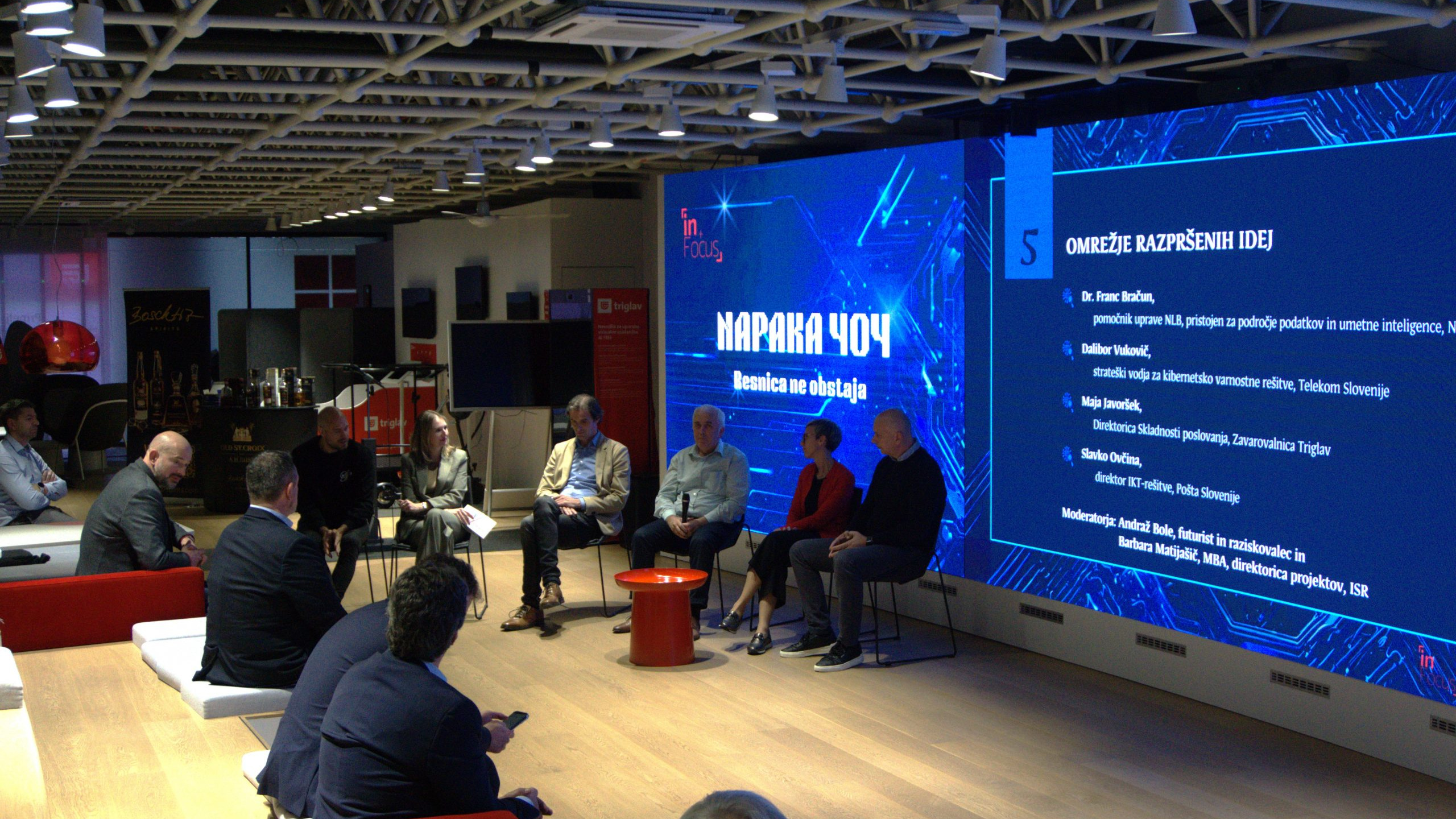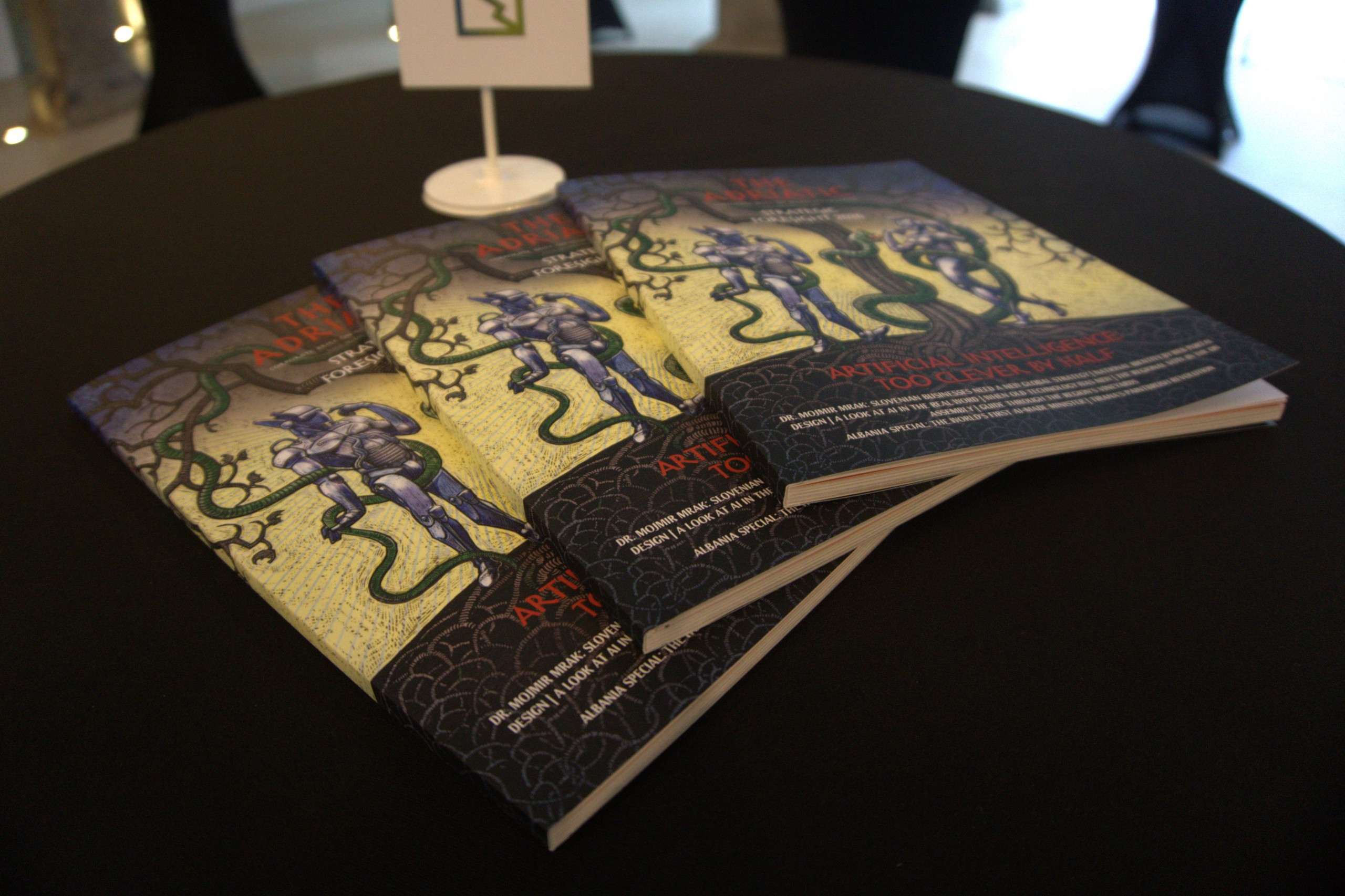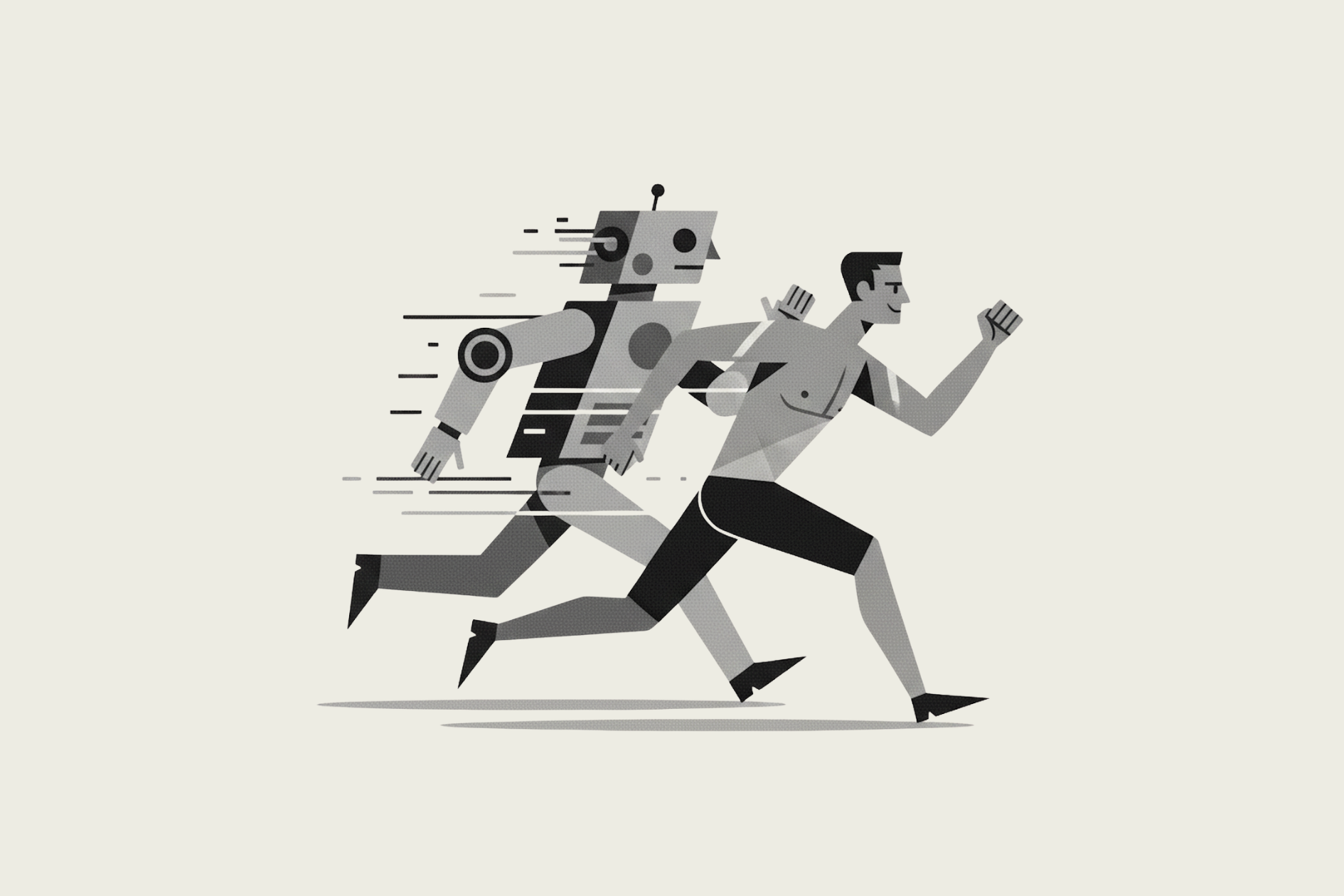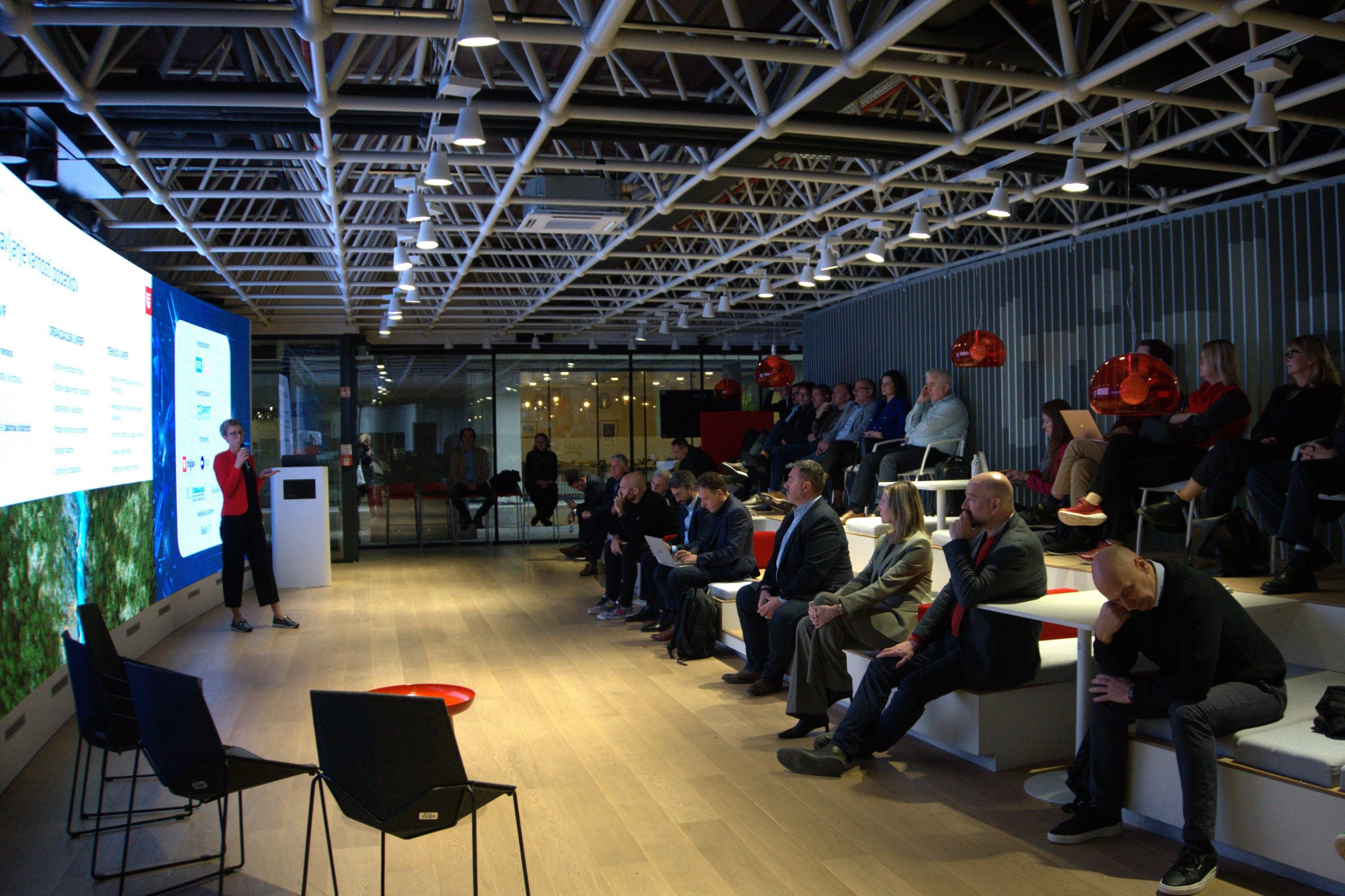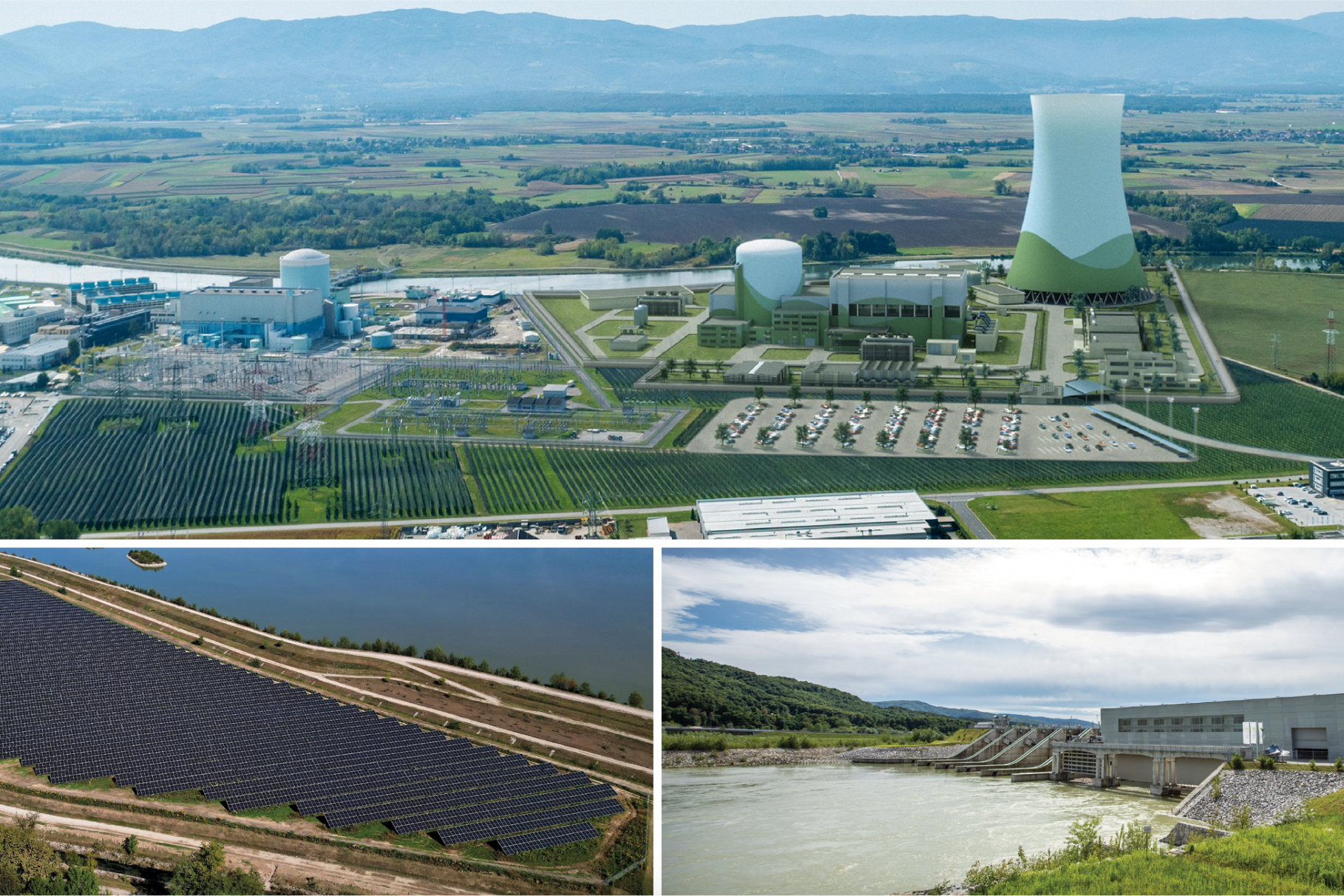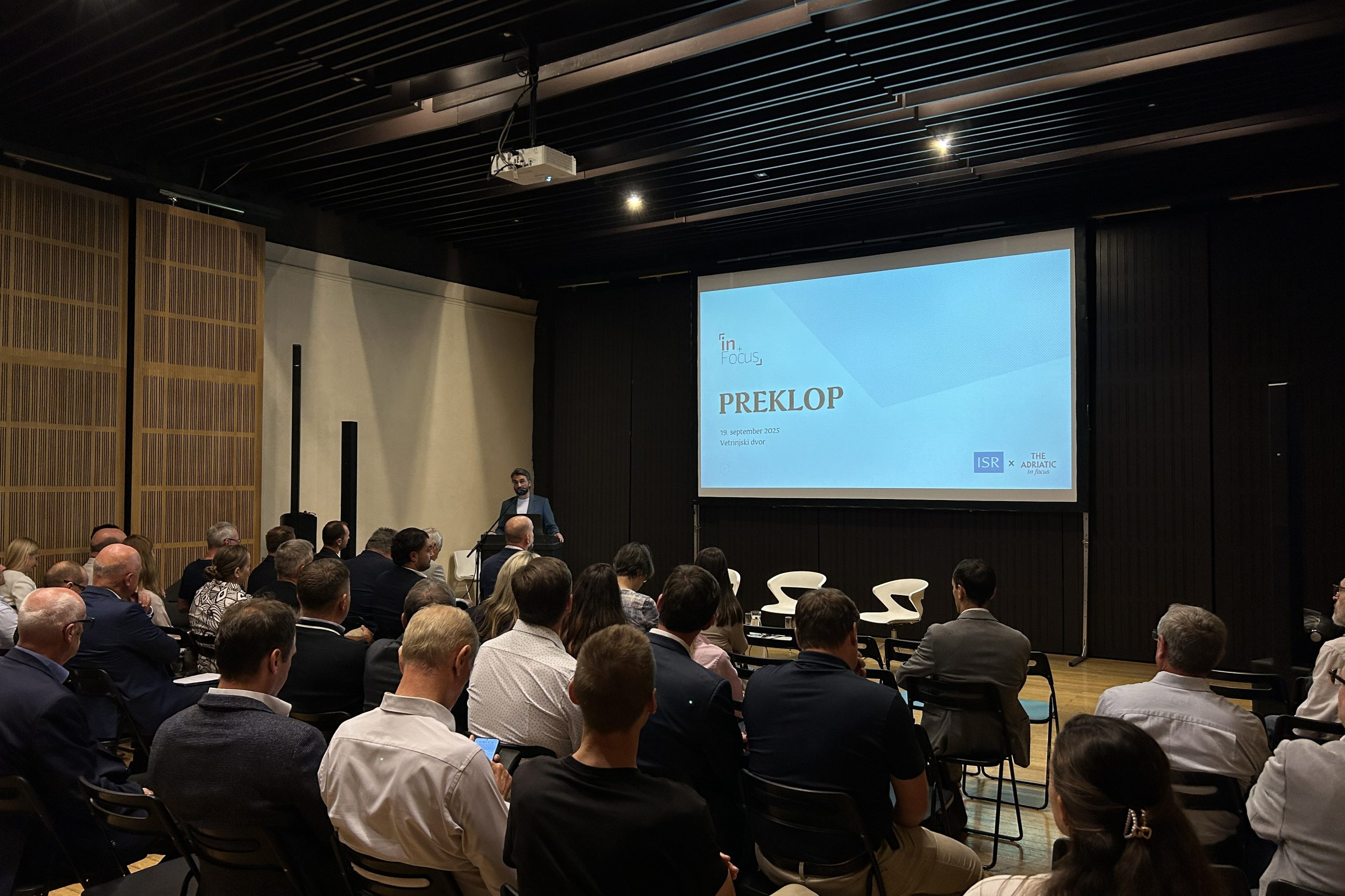Who would dare board a plane piloted by artificial intelligence?
At the event 404 Error: Truth Does Not Exist, organised by the Institute for Strategic Solutions and hosted at Triglav Lab, speakers discussed how to distinguish reality from disinformation and manipulation at a time when technology is advancing at an astonishing pace — and what role companies in the financial, healthcare, logistics and telecommunications sectors can play in strengthening trust in data and its security.
The Adriatic Team
“Across all levels of society we need to reflect on the consequences of extremely rapid technological development. Social change happens faster than it appears, which is why continuous learning, understanding technology and thinking about reskilling and upskilling the workforce are essential. Regulators and politicians are often incompetent and unaware of what is really happening, so they fail to adopt adequate measures. The rise of artificial intelligence will likely catch them off guard,” stressed AI expert Marko Grobelnik.
According to Tine Kračun, Director of the Institute for Strategic Solutions (ISR), which organised the event, it is crucial — in an era when technologies can convincingly imitate a person’s voice, face or writing style and blur the line between truth and fabrication — to establish mechanisms that help identify real information and distinguish it from disinformation.
Dr Jure Stojan, Partner and Director of Research and Development at ISR, said history teaches us two important lessons about modern technologies. First, we can anticipate which human needs a new technology will try to satisfy, but we cannot even begin to predict the form it will take. And second, we can predict how human shortcomings will manifest whenever new technologies are introduced. “Every technology that was expected to ease human work — the very promise under which it was marketed — ended up creating even more work for people,” Dr Stojan noted.
We cannot reduce truth to a collection of isolated facts, because facts without context create no meaning. True understanding only emerges through reflection, connection and interpretation, explained futurist and researcher Andraž Bole. At the core of so-called cognitive resilience is the ability for analytical and systemic thinking. Instead of accepting information at face value, we should break problems down to first principles, recognise relationships between phenomena and distinguish what is essential from what is not, Bole emphasised.
If we are not fast enough, technology will decide for us
Professor Marko Grobelnik of the Jožef Stefan Institute’s AI Laboratory warns that artificial intelligence is still too often seen as an enhanced version of existing tools, when in fact it is creating an entirely new social and technological reality. Its exponential growth is rapidly reshaping fields ranging from labour markets to the information landscape. The newest models, such as Gemini 3, GPT-5.1 and Grok 4.1, and the deployment of autonomous taxis like Waymo, are already replacing entire professions. At the same time, the traditional idea of work as the basis of livelihood is collapsing, and shared social reality is fragmenting under the pressure of information bubbles, deepfakes and synthetic propaganda.
Society will need to redefine the value of human beings, the responsibilities of autonomous systems and the infrastructure of truth — otherwise technology itself will shape social consensus, for the benefit of only a few. Grobelnik stresses that a thoughtful social response, education about technology and accelerated reskilling are all essential. Regulators and politicians are generally lagging behind and will likely be surprised by the changes AI brings.
Humans in a dual role
Maja Javoršek, Director of Compliance at Zavarovalnica Triglav, underlined that in the insurance sector, data is the foundation of business, legality and trust — yet most incidents are caused by people. Despite technical protections, mistakes arise from carelessness, weak passwords, curiosity or ignoring warnings. Statistics show that human error accounts for 95% of security incidents and two-thirds of data-security breaches. Yet people are also the strongest defence. Regular training, awareness-raising, attack simulations and clear, simple rules significantly reduce risks. What is essential is a security culture that combines technology and psychology: employees must understand their responsibility and the impact of their actions. The key message remains: humans are both the biggest risk and the most important defender — the difference lies in knowledge, attention and responsible behaviour.
Cyber attacks evolve faster than defence
Dalibor Vukovič, Strategic Lead for Cybersecurity Solutions at Telekom Slovenije, presented the example of a night-time attack on a Slovenian manufacturing company. Attackers used stolen data to enter the internal network, but a fast and professionally executed response limited the attack to just seven minutes and prevented millions in potential damage. Cyber threats, Vukovič said, most often occur at night or during holidays. Visibility over network activity is crucial; without it, companies often fail to detect an attack at all. Cybersecurity is only effective when it has management support and when defence teams think as dynamically as the attackers. “Attackers advance far more quickly than defensive technologies. Cyber protection is not a passing trend — it is something we genuinely need. This also applies to mobile phones, where without advanced protection we are extremely vulnerable,” Vukovič warned.
Who would dare get on a plane piloted by AI?
“Artificial intelligence acts like a crutch for our minds — it makes us limp a little all the time. Critical thinking and cultivating a healthy sense of doubt must therefore become part of our daily behaviour. Assigning responsibility is crucial. Give people the tools, knowledge and skills they need, but also make them accountable. People must understand they are responsible for the outcomes of their work,” stressed Maja Javoršek.
Dr Franc Bračun, Management Board Adviser at NLB responsible for data and artificial intelligence, said that in the bank’s experience, people — especially in recent times — place too much trust in technology. A growing challenge, he noted, is protecting against attacks on identity. The prerequisite for security is systemic protection. Defence against risk must be built on strong technical measures. Another important principle is that all critical decisions should be made by humans, not AI. “Who today would dare get on a plane that is flown not by a human, but by a machine?” he asked. The third key measure is education, which is essential for building resilience — a priority focus at NLB.
How AI became part of the team
Slavko Ovčina, Director of ICT Solutions at Pošta Slovenije, described the example of Pia, a voice assistant that understands all Slovenian dialects and is built on the latest advances in artificial intelligence. Pia enables customers of Pošta Slovenije to speak naturally in Slovenian, ensures fast and effective communication nationwide, improves user experience, shortens response times and sets new standards in digital communication. “If, during development, we had fully realised all the risks associated with AI, Pia probably would not exist today. We optimised her gradually along the way. People accepted Pia as part of the team, and thanks to her we have improved and shortened numerous processes,” Ovčina said.

